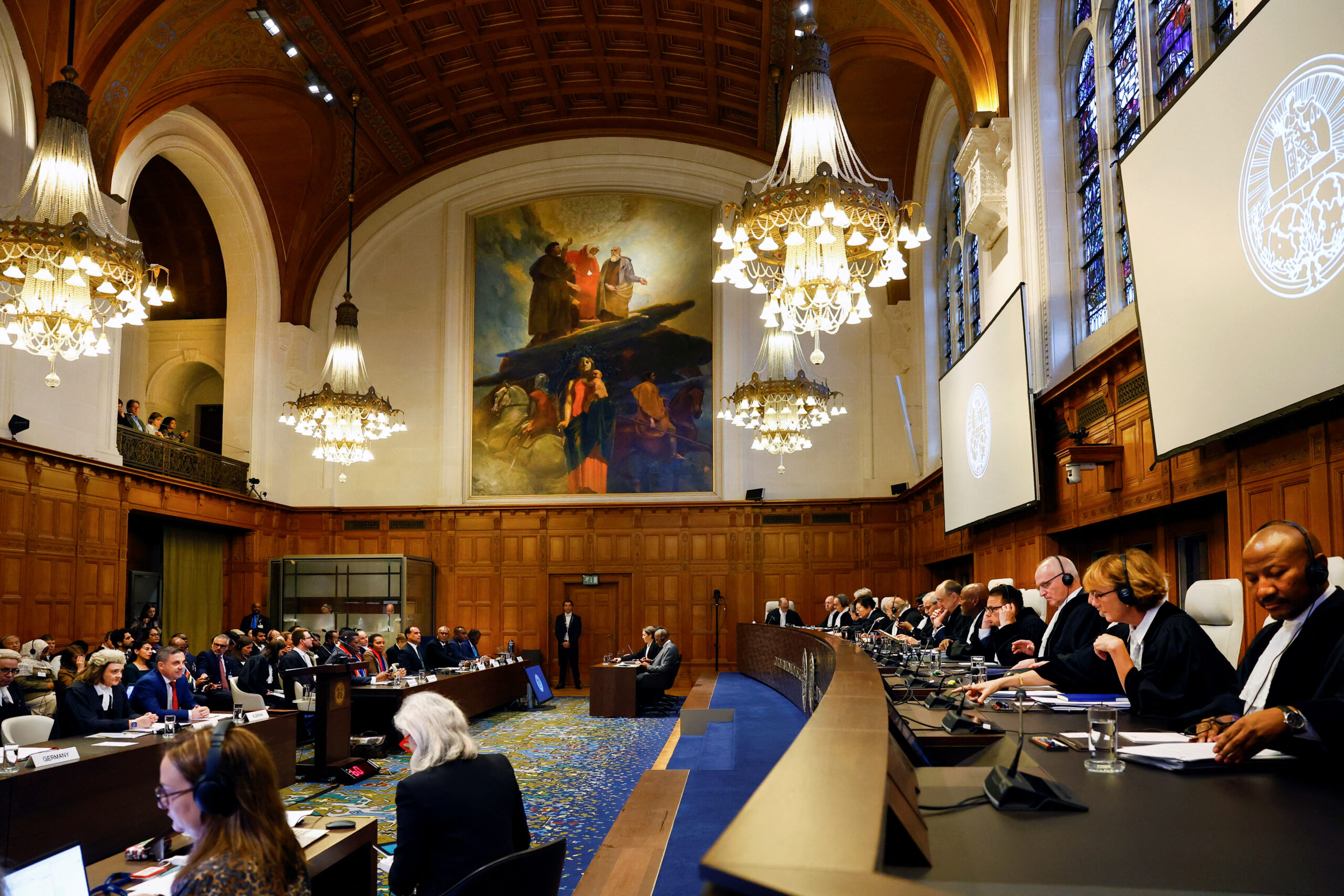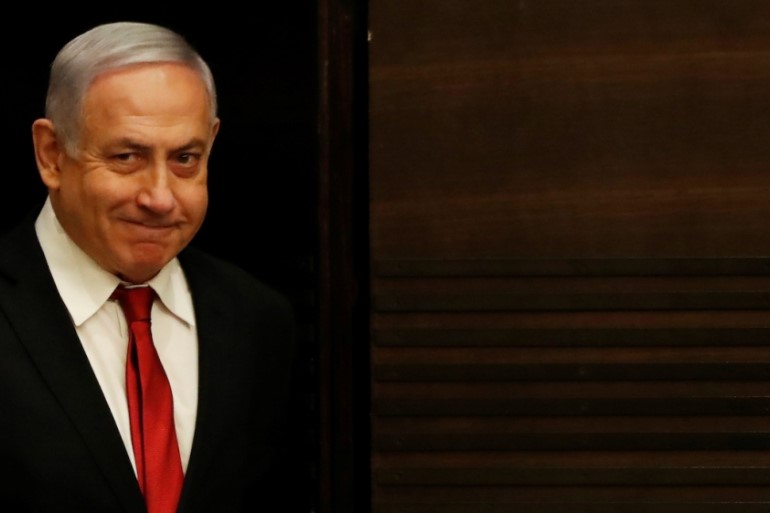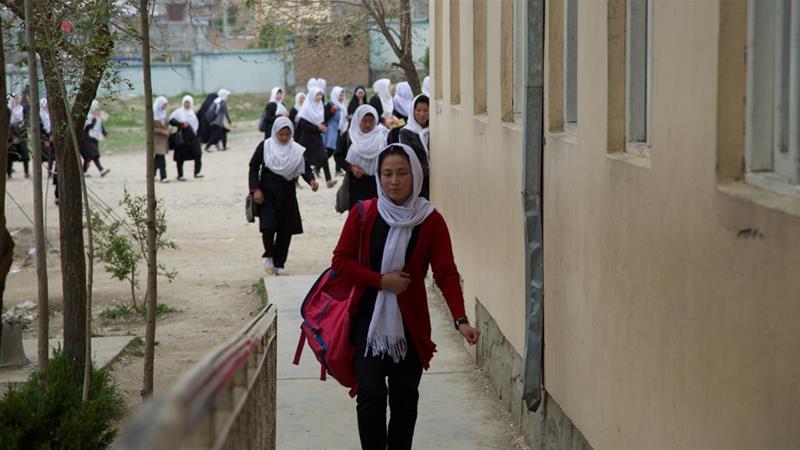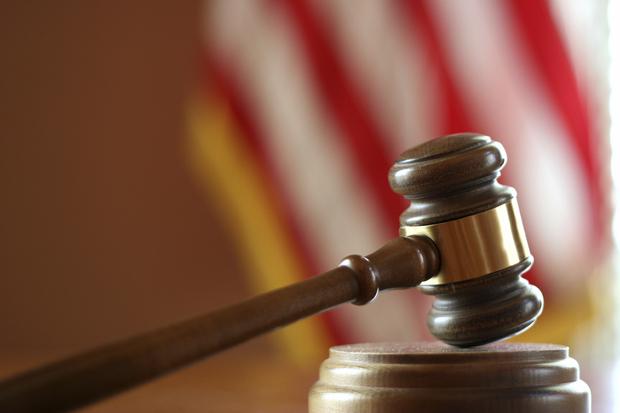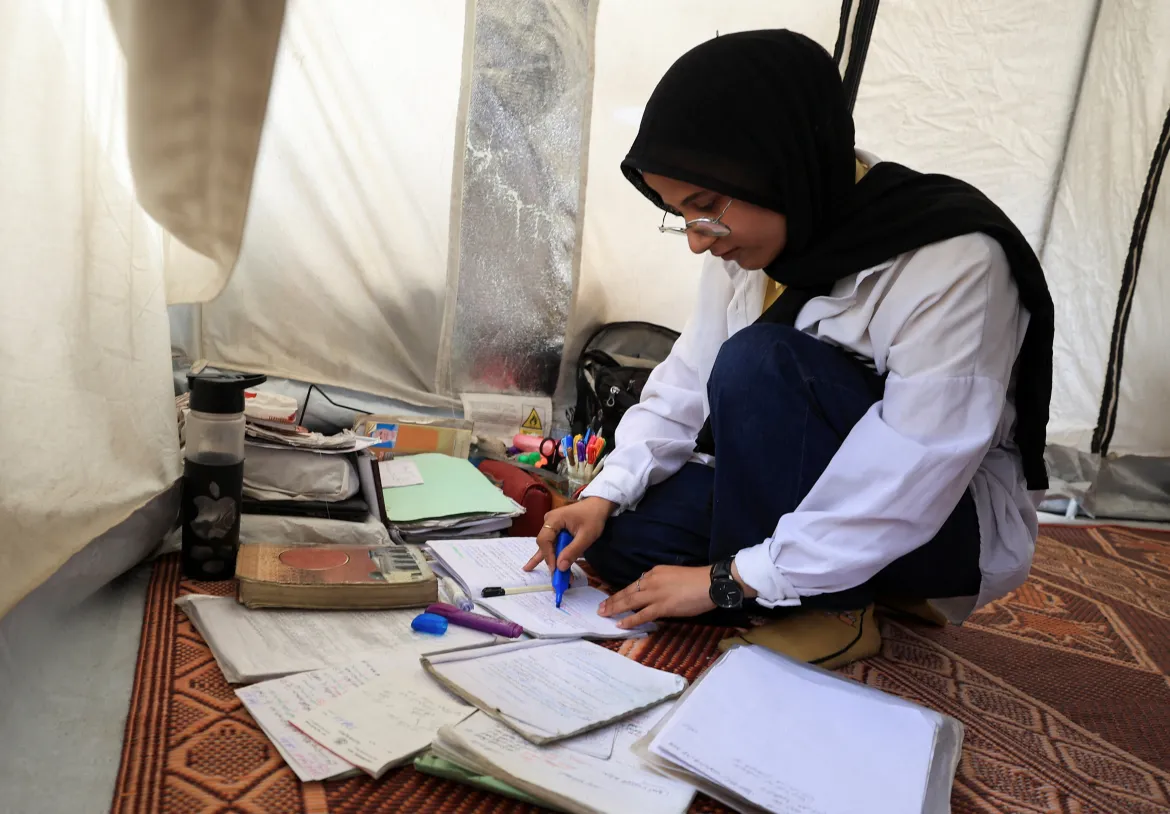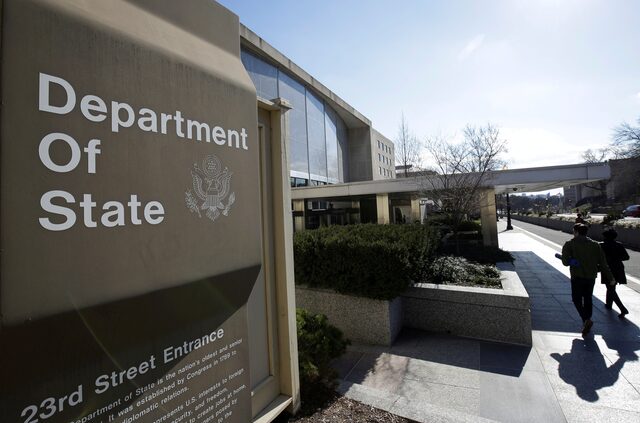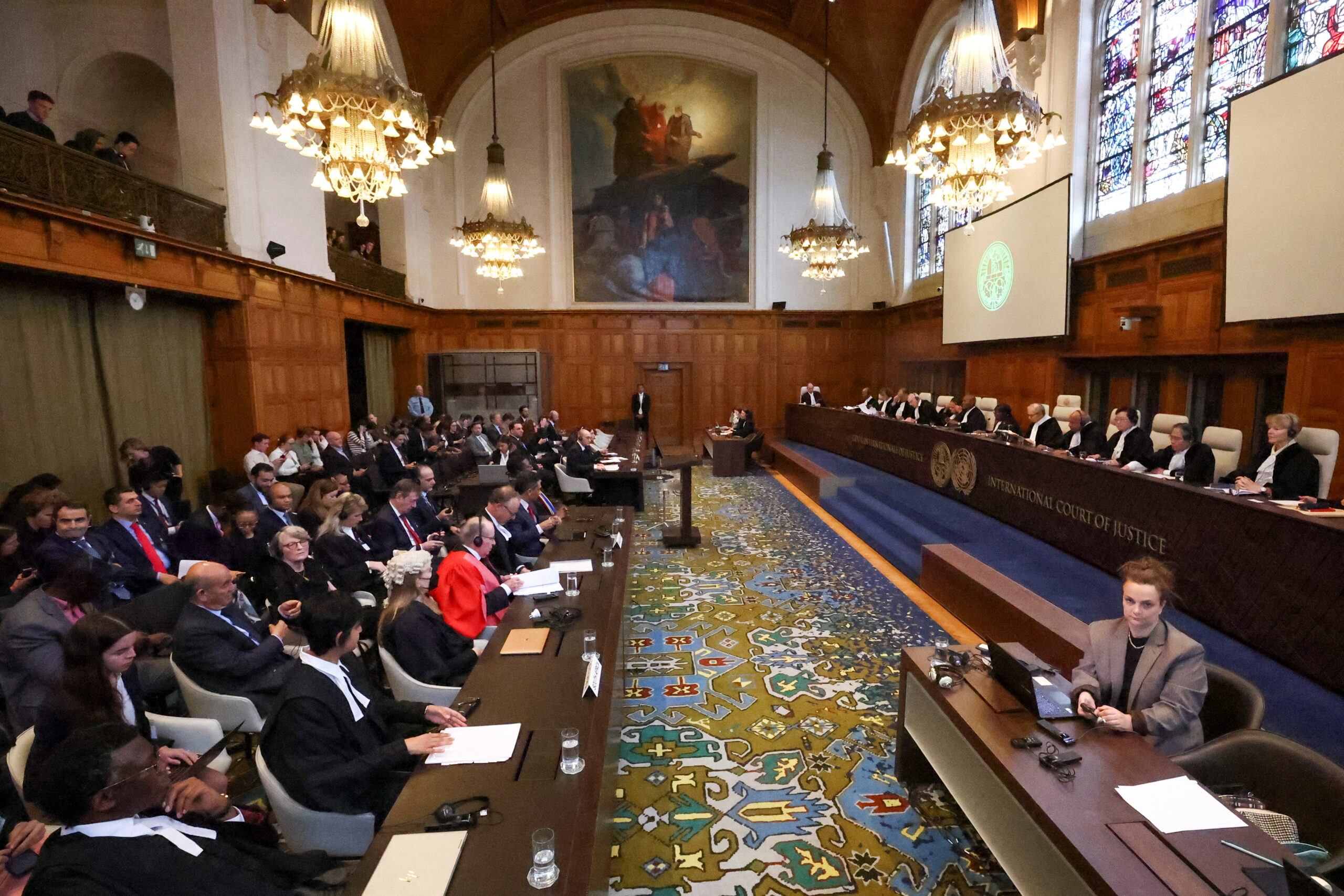Harvard Takes the Trump Administration to Court
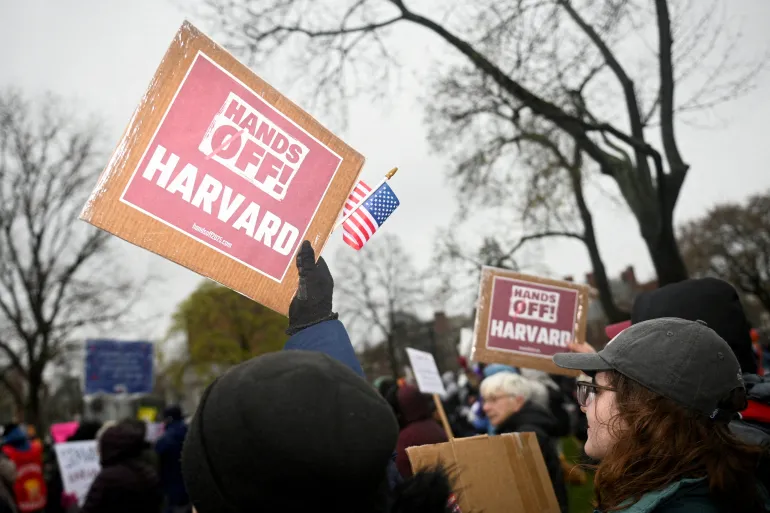
Archive/ Al Jazeera.
In a move emblematic of the deteriorating relationship between the federal government and the American academy, Harvard University has initiated legal proceedings against the Trump administration, accusing it of executing an unconstitutional campaign of retribution aimed at undermining the institution’s autonomy and academic mission. The lawsuit, filed on Monday in federal court, challenges what Harvard describes as the “arbitrary and unlawful” withdrawal of billions in research funding—support that forms the backbone of its scientific, technological and social inquiry.
The dispute is not merely a financial squabble. It is a microcosm of a broader ideological struggle between the White House and America’s intellectual elite, a clash that has come to define the Trump era’s fraught relationship with expertise, liberal institutions and the constitutional limits of executive power.
Harvard contends that the funding reductions are not the product of routine budgetary realignment, but rather a deliberate effort to penalise the university for its public stances on immigration, race, and academic freedom—issues on which it has often positioned itself in opposition to the Trump administration. The legal complaint alleges that federal agencies, acting at the behest of political operatives, have selectively targeted Harvard’s grant portfolio, rescinding or delaying contracts without justification, thereby infringing upon both due process and the university’s First Amendment rights.
At the core of Harvard’s argument lies the principle of viewpoint neutrality—a legal doctrine that prohibits the government from discriminating against individuals or institutions based on their political or ideological positions. The university asserts that the administration’s actions constitute a retaliatory campaign, violating constitutional protections and setting a dangerous precedent for state interference in the affairs of educational institutions.
The political dimensions of the case are no less pronounced. Over the past four years, the Trump administration has portrayed elite universities as bastions of leftist orthodoxy and “wokeness”, routinely accusing them of indoctrinating students and stifling conservative thought. This anti-intellectual stance has resonated with elements of the president’s base, which regards institutions like Harvard not as engines of meritocratic advancement but as citadels of privilege and ideological conformity.
The administration, for its part, argues that the cuts are a legitimate attempt to redirect public resources, improve accountability in the use of federal grants, and confront what it sees as systemic bias within academia. Yet critics point out that the government has offered little transparency regarding its selection criteria, fuelling suspicions that decisions are being driven by political vendettas rather than policy rationale.
In a sign of growing alarm within the academic community, more than 150 presidents of American universities have signed a joint declaration condemning what they describe as “unprecedented government overreach and political interference”. The statement, released shortly after news of the lawsuit broke, warns that the politicisation of research funding jeopardises not only academic independence but also the long-term innovation and competitiveness of the United States.
Whether Harvard prevails in court remains to be seen. The litigation is likely to involve protracted discovery processes, complex constitutional arguments, and appeals that could reach the Supreme Court. But the stakes are clear. At issue is not only the future of research funding at one of the world’s most prestigious universities, but the broader question of whether America’s institutions of higher learning can preserve their independence in an era when political orthodoxy increasingly dictates public policy.
As the case unfolds, it may come to represent more than a legal battle. It is a test of the resilience of liberal democratic norms, the sanctity of academic freedom, and the ability of institutions to resist encroachment from an increasingly antagonistic state.
Agencies.



